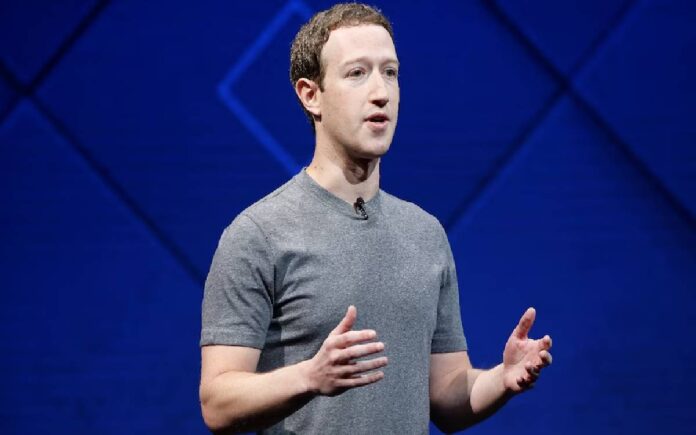New York – In a world grappling with a deepening loneliness crisis, Meta CEO Mark Zuckerberg is proposing a radical solution: AI-powered companions designed to offer emotional support and human-like interaction. The initiative is part of Meta’s broader investment in generative AI and marks a significant evolution in how technology could reshape human connection.
In a candid conversation with podcaster Dwarkesh Patel, Zuckerberg addressed what has been described by public health experts as a “loneliness epidemic”. He revealed Meta’s plan to develop virtual companions that can function as emotional support systems — helping users navigate feelings of isolation in an increasingly disconnected society.
“As generative AI gains broader adoption, people are already leaning on it for more than just tasks” ,Zuckerberg said, signaling a shift toward using AI not only for productivity but also for companionship.
The Vision: Filling the Social Gap with AI
Zuckerberg pointed out a troubling social reality: the average American has fewer than three close friends, whereas psychological research suggests that people ideally thrive with around 15 meaningful relationships. This growing social gap, he believes, is an opportunity for AI to step in — not as a replacement, but as a supplement to human connection.
Meta’s AI companions, still in early development, are envisioned as friendly, emotionally intelligent chatbots. They might serve as conversational partners, emotional confidants, or even virtual therapists and romantic stand-ins. The ambition is bold, but the tech still has a long way to go.
“We need to find the vocabulary as a society to articulate why this is valuable and why people choosing this are rational”, Zuckerberg explained, urging empathy for those turning to AI out of social necessity.
A Crisis Rooted in Disconnection
This push into emotional AI comes amid increasing concern about isolation in modern life. The American Sociological Association found in 2023 that 30% of adults in the U.S. have three or fewer close friends. The pandemic, the rise of remote work, and shifts in social behavior have further deepened the divide — particularly among Gen Z and millennials.
U.S. Surgeon General Vivek Murthy declared loneliness a public health crisis in 2023, citing its links to depression, anxiety, cardiovascular disease, and even premature death. As social isolation becomes a defining challenge of the digital age, companies like Meta are searching for scalable solutions — and AI companionship may be one answer.
Emotional AI: Promise and Pitfalls
The idea of AI friendship isn’t entirely new. Apps like Replika have already attracted millions of users who’ve formed strong emotional ties with their digital avatars. But critics warn that such attachments may be unhealthy — especially if they replace real-world interaction.
Technologically, existing AI platforms like Meta’s Llama and Microsoft’s Copilot still struggle with long-term memory, emotional nuance, and deep engagement — all essential to real companionship. Current AI remains primarily task-focused, falling short of the emotional intelligence needed to form lasting bonds.
Ethical concerns are also front and center. Critics fear that emotional AI could erode empathy, lead to overdependence, or be exploited for manipulation. For example, AI bots could be programmed to nudge users toward increased screen time or in-app purchases, capitalizing on emotional vulnerabilities.
Zuckerberg hasn’t ignored these criticisms. In the weeks leading up to his interview with Patel, reports emerged of Meta AI bots providing explicit content to minors and falsely claiming to be licensed therapists. These incidents underscore the urgent need for stricter safeguards and responsible AI deployment.
The Future of Connection?
While the concept of AI companions may seem futuristic, it’s increasingly part of mainstream conversation. Zuckerberg’s proposal is not just a technological experiment — it’s a reflection of society’s urgent need for new models of connection.
Whether virtual companions will gain widespread acceptance or face cultural resistance remains to be seen. But one thing is clear: the debate over AI’s role in emotional and mental well-being is just beginning.
As AI evolves, so too will its place in our lives — and perhaps even in our hearts. Zuckerberg’s vision may not replace human connection, but it may offer a new way to bridge the gap for those feeling most alone.



